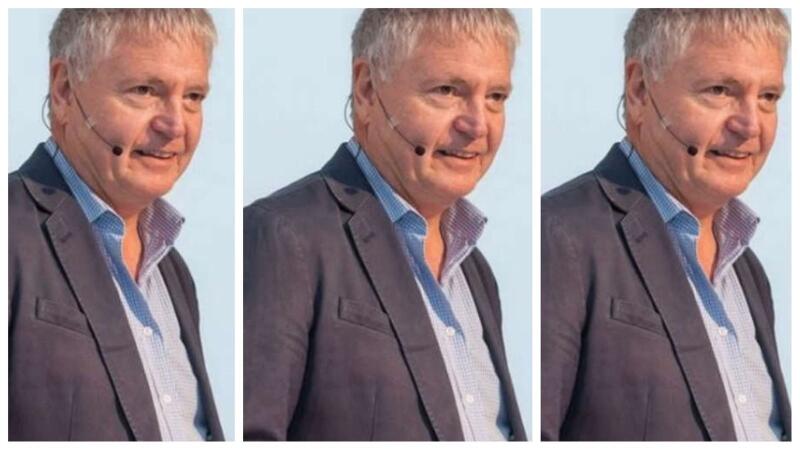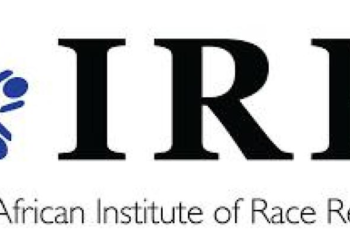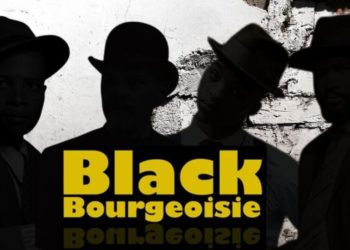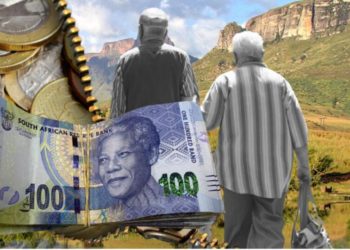OPINION: As the subject of the power of the country’s banks gets momentum in the media the IRR also recently took the opportunity to call on the banks to clarify their position on expropriation without compensation.
THE Institute of Race Relations (IRR), which was once regarded as one of the foremost guardians of liberal values and a major player in the human rights movement in South Africa, has made its stance known on media freedom in South Africa, through its online news platform the Daily Friend.
The latest attack from the Daily Friend comes after an insightful piece by Common Dreams exposing the neo-liberal capture of the South African mediascape by a coalition of right-wing and neo-liberal forces including the US State Department.
It is no secret that the IRR has gradually moved to the right in recent times, leaning closer towards the DA, and abandoning its defence of human rights in favour of defending property rights.
Notably, the IRR, along with the Free Market Foundation and the Gauteng Association of Chambers of Commerce and Industry, approached the Constitutional Court in 1995 to object to the inclusion of socio-economic rights in the Bill of Rights of the 1996 Constitution. Their objection was rejected by the Constitutional Court.
As the subject of the power of the country’s banks gets momentum in the media, the IRR also recently took the opportunity to call on the banks to clarify their position on expropriation without compensation (EWC). This, after the ANC stated at its policy conference that it would not back down on EWC.
The stance against EWC is one that has been firmly held by the DA, with John Steenhuisen calling it “a potent weapon in a kleptocracy’s arsenal to subjugate and steal from the people of South Africa”, without explicitly clarifying who the people he was referring were. According to a 2017 government audit, 72 percent of the country’s private farmland is owned by white people, who make up nine percent of the population.
A statement released by the IRR on Friday reads: “The IRR finds it deeply concerning that the major banks have not said anything in response to these and other recent ANC statements on EWC … EWC will have severe consequences for the country, as it poses a major threat to property rights and the economy.”
Why would the IRR go this route, considering that its founding constitution excluded it from identifying or associating itself with any organised political party? Let’s see who funds it.
In its latest annual report, the IRR lists the Millennium Trust, along with Graham McIntosh, Haggie Charitable Trust, Jack Silson Charitable Trust, Johannes van der Horst and Julian Ogilvie Thompson, as its supporters and expresses gratitude to them for making its work possible.
The Millennium Trust, established by Capitec co-founder Michiel le Roux in 2010, also funds amaBhungane Centre for Investigative Journalism and the Daily Maverick, among others, all of whom are pushing a neo-liberal agenda, according to recent reports.
Notably, a 2019 report by the Sunday Times said Le Roux, along with former DA leader Tony Leon and former DA chief strategist Ryan Coetzee, was part of a delegation that met with former DA leader Mmusi Maimane, asking him to consider resigning from the party.
Now, this is not to suggest that Le Roux has anything to do with the IRR and its news platform, however, the institution’s rightward shift and its leaning closer towards the DA and its policies cannot be ignored.
In its presentation to Parliament in 2021, Independent Media asserted that the media house was previously a mouthpiece for the DA, before being acquired by Sekunjalo. There was also an attempt to stop the sale with a last-ditch effort from a funder of the DA to offer R500 million to Sekunjalo to walk away from Independent Media.
This gives credence to the circulating claims that there are bigger political forces that are behind the persecution of Independent Media and others who express alternative views to the normal bile spewed by the establishment’s proxies.
Common Dreams’ Phillip Dexter and Roscoe Palm said it: “This gatekeeping manufactures a false neo-liberal consensus within the culture of these publications. Journalists in these publications and even potential contributors to these publications begin to see the path of least resistance to getting their work published, and this diminishes the voices of any dissenting views within these liberal newsrooms.”
And the stance of the IRR’s Daily Friend is also very clear that they are willing to sell the soul of South Africa at the expense of everything its citizens fought for.


















